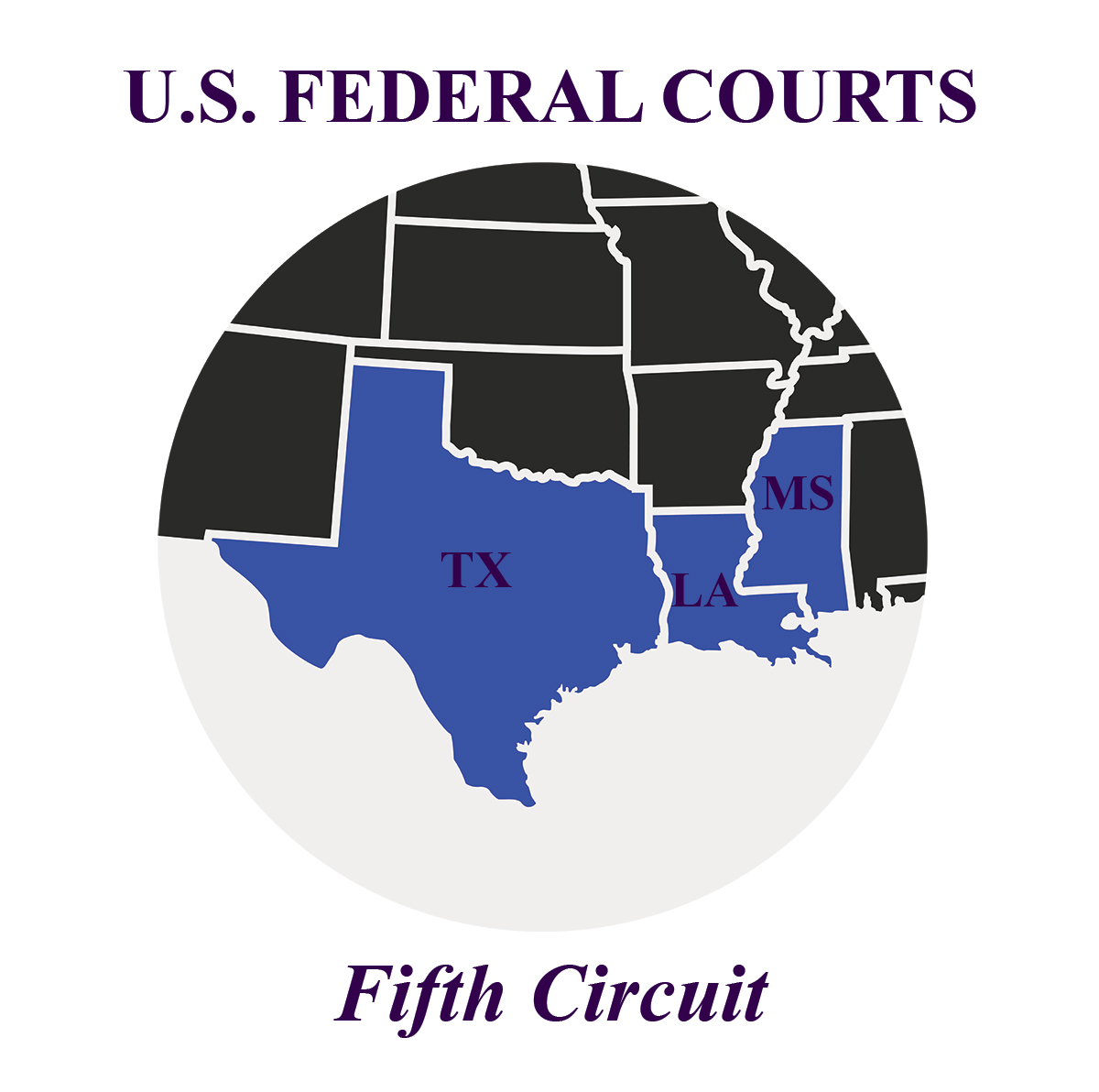It’s Bigger. But is it Better?
They say everything is bigger in Texas which includes big privacy protection. After the Texas Senate approved HB 4 — the Texas Data Privacy and Security Act (“TDPSA”), on June 18, 2023, Texas became the eleventh state to enact comprehensive privacy legislation.[1]
Like many state consumer data privacy laws enacted this year, TDPSA is largely modeled after the Virginia Consumer Data Protection Act.[2] However, the law contains several unique differences and drew significant pieces from recently enacted consumer data privacy laws in Colorado and Connecticut, which generally include “stronger” provisions than the more “business-friendly” laws passed in states like Utah and Iowa.
Some of the more notable provisions of the bill are described below:
More Scope Than You Can Shake a Stick At!
- The TDPSA applies much more broadly than any other pending or effective state consumer data privacy act, pulling in individuals as well as businesses regardless of their revenues or the number of individuals whose personal data is processed or sold.
- The TDPSA applies to any individual or business that meets all of the following criteria:
- conduct business in Texas (or produce goods or services consumed in Texas) and,
- process or sell personal data:
- The “processing or sale of personal data” further expands the applicability of the TDPSA to include individuals and businesses that engage in any operations involving personal data, such as the “collection, use, storage, disclosure, analysis, deletion, or modification of personal data.”
- In short, collecting, storing or otherwise handling the personal data of any resident of Texas, or transferring that data for any consideration, will likely meet this standard.
- Uniquely, the carveout for “small businesses” excludes from coverage those entities that meet the definition of “a small business as defined by the United States Small Business Administration.”[3]
- The law requires all businesses, including small businesses, to obtain opt-in consent before processing sensitive personal data.
- Similar to other state comprehensive privacy laws, TDPSA excludes state agencies or political subdivisions of Texas, financial institutions subject to Title V of the Gramm-Leach-Bliley Act, covered entities and business associates governed by HIPAA, nonprofit organizations, and institutions of higher education. But, TDPSA uniquely excludes electric utilities, power generation companies, and retail electric providers, as defined under Section 31.002 of the Texas Utilities Code.
- Certain categories of information are also excluded, including health information protected by HIPAA or used in connection with human clinical trials, and information covered by the Fair Credit Reporting Act, the Driver’s Privacy Protection Act, the Family Educational Rights and Privacy Act of 1974, the Farm Credit Act of 1971, emergency contact information used for emergency contact purposes, and data necessary to administer benefits.
Don’t Mess with Texas Consumers
Texas’s longstanding libertarian roots are evidenced in the TDPSA’s strong menu of individual consumer privacy rights, including the right to:
- Confirm whether a controller is processing the consumer’s personal data and accessing that data;
- Correct inaccuracies in the consumer’s personal data, considering the nature of the data and the purposes of the processing;
- Delete personal data provided by or obtained about the consumer;
- Obtain a copy of the consumer’s personal data that the consumer previously provided to a controller in a portable and readily usable format, if the data is available digitally and it is technically feasible; and
- Opt-out of the processing of personal data for purposes of targeted advertising, the sale of personal data, or profiling in furtherance of a decision that produces legal or similarly significant legal effects concerning the consumer.
Data controllers are required to respond to consumer requests within 45 days, which may be extended by 45 days when reasonably necessary. The bill would also give consumers a right to appeal a controller’s refusal to respond to a request.
Controller Hospitality
The Texas bill imposes a number of obligations on data controllers, most of which are similar to other state consumer data privacy laws:
- Data Minimization – Controllers should limit data collection to what is “adequate, relevant, and reasonably necessary” to achieve the purposes of collection that have been disclosed to a consumer. Consent is required before processing information in ways that are not reasonably necessary or not compatible with the purposes disclosed to a consumer.
- Nondiscrimination – Controllers may not discriminate against a consumer for exercising individual rights under the TDPSA, including by denying goods or services, charging different rates, or providing different levels of quality.
- Sensitive Data – Consent is required before processing sensitive data, which includes personal data revealing racial or ethnic origin, religious beliefs, mental or physical health diagnosis, citizenship or immigration status, genetic or biometric data processed for purposes of uniquely identifying an individual; personal data collected from a child known to be under the age of 13, and precise geolocation data.
- The Senate version of the bill excludes data revealing “sexual orientation” from the categories of sensitive information, which differs from all other state consumer data privacy laws.
- Privacy Notice – Controllers must post a privacy notice (e.g. website policy) that includes (1) the categories of personal data processed by the controller (including any sensitive data), (2) the purposes for the processing, (3) how consumers may exercise their individual rights under the Act, including the right of appeal, (4) any categories of personal data that the controller shares with third parties and the categories of those third parties, and (5) a description of the methods available to consumers to exercise their rights (e.g., website form or email address).
- Targeted Advertising – A controller that sells personal data to third parties for purposes of targeted advertising must clearly and conspicuously disclose to consumers their right to opt-out.
Assessing the Privacy of Texans
Unlike some of the “business-friendly” privacy laws in Utah and Iowa, the Texas bill requires controllers to conduct data protection assessments (“Data Privacy Protection Assessments” or “DPPAs) for certain types of processing that pose heightened risks to consumers. The assessments must identify and weigh the benefits of the processing to the controller, the consumer, other stakeholders, and the public against the potential risks to the consumer as mitigated by any safeguards that could reduce those risks. In Texas, the categories that require assessments are identical to those required by Connecticut’s consumer data privacy law and include:
- Processing personal data for targeted advertising;
- The sale of personal data;
- Processing personal data for profiling consumers, if such profiling presents a reasonably foreseeable risk to consumers of unfair or deceptive treatment, disparate impact, financial, physical or reputational injury, physical or other intrusion upon seclusion of private affairs, or “other substantial injury;”
- Processing of sensitive data; and
- Any processing activities involving personal data that present a “heightened risk of harm to consumers.”
Opting Out and About
Businesses are required to recognize a universal opt-out mechanism for consumers (or, Global Privacy Control signal), similar to provisions required in Colorado, Connecticut, California, and Montana, but it would also allow businesses more leeway to ignore those signals if it cannot verify the consumers’ identity or lacks the technical ability to receive it.
Show Me Some Swagger!
The Attorney General has the exclusive right to enforce the law, punishable by civil penalties of up to $7,500 per violation. Businesses have a 30-day right to cure violations upon written notice from the Attorney General. Unlike several other laws, the right to cure has no sunset provision and would remain a permanent part of the law. The law does not include a private right of action.
Next Steps for TDPSA Compliance
For businesses that have already developed a state privacy compliance program, especially those modeled around Colorado and Connecticut, making room for TDPSA will be a streamlined exercise. However, businesses that are starting from ground zero, especially “small businesses” defined in the law, need to get moving.
If TDPSA is your first ride in a state consumer privacy compliance rodeo, some first steps we recommend are:
- Update your website privacy policy for facial compliance with the law and make sure that notice is being given at or before the time of collection.
- Put procedures in place to respond to consumer privacy requests and ask for consent before processing sensitive information
- Gather necessary information to complete data protection assessments.
- Identify vendor contracts that should be updated with mandatory data protection terms.
Footnotes
[1] As of date of publication, there are now 17 states that have passed state consumer data privacy laws (California, Colorado, Connecticut, Delaware, Florida, Indiana, Iowa, Kentucky, Maryland, Massachusetts, Montana, New Jersey, New Hampshire, Tennessee, Texas, Utah, Virginia) and two (Vermont and Minnesota) that are pending.
[2] See, Code of Virginia Code – Chapter 53. Consumer Data Protection Act
[3] This is notably broader than other state privacy laws, which establish threshold requirements based on revenues or the amount of personal data that a business processes. It will also make it more difficult to know what businesses are covered because SBA definitions vary significantly from one industry vertical to another. As a quick rule of thumb, under the current SBA size standards, a U.S. business with annual average receipts of less than $2.25 million and fewer than 100 employees will likely be small, and therefore exempt from the TDPSA’s primary requirements.










